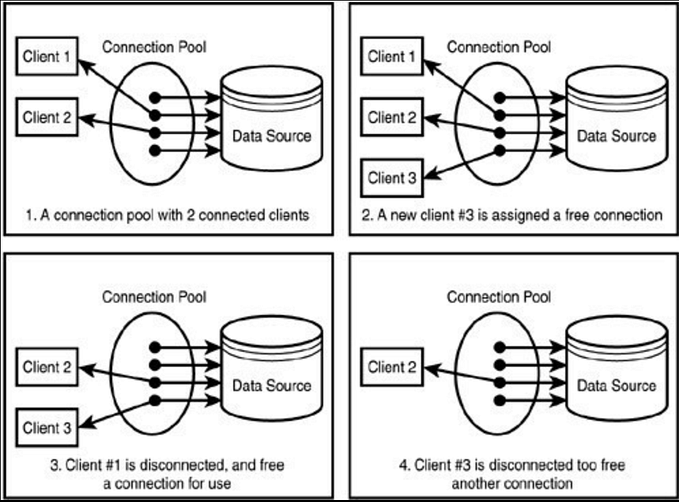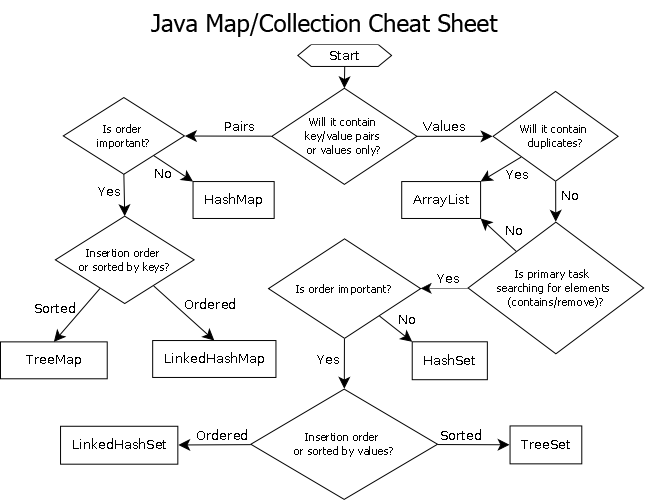Member-only story
Mastering Java Exception Handling: A Comprehensive Guide
Exception handling is a crucial aspect of software development, enabling developers to gracefully handle and recover from unexpected errors or exceptional situations that may occur during program execution. Java, one of the most popular programming languages, offers a robust exception handling mechanism that allows developers to write reliable and fault-tolerant applications. In this article, we will delve into the world of Java exception handling, exploring its types and providing code examples for a better understanding.
Introduction to Exception Handling in Java
Exception handling is the process of managing and responding to exceptional conditions that may occur during the execution of a program. In Java, exceptions are objects that represent these exceptional conditions. When an exceptional situation arises, an exception object is created and thrown to propagate the error up the call stack until it is caught and handled.
Checked and Unchecked Exceptions
In Java, exceptions are categorized into two broad categories: checked exceptions and unchecked exceptions.
Checked exceptions: These are exceptions that are checked at compile-time, meaning the compiler enforces the handling of these exceptions. Examples include IOException, SQLException, and ClassNotFoundException.
Unchecked exceptions: Also known as runtime exceptions, these exceptions do not require explicit handling and are not…






